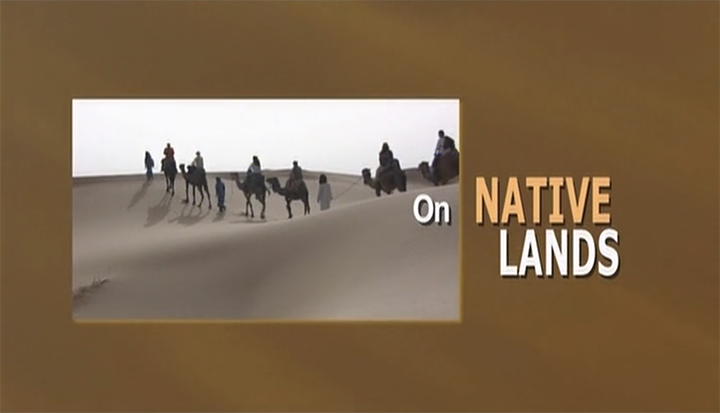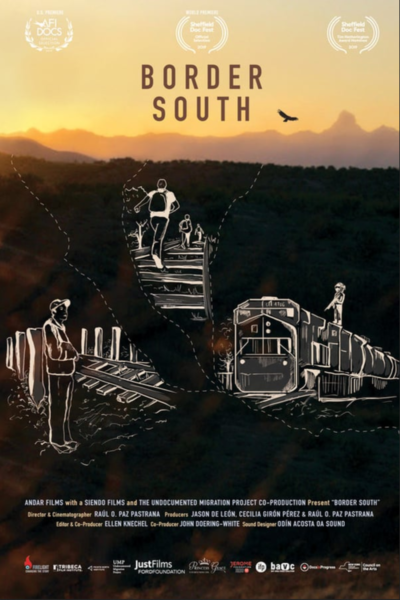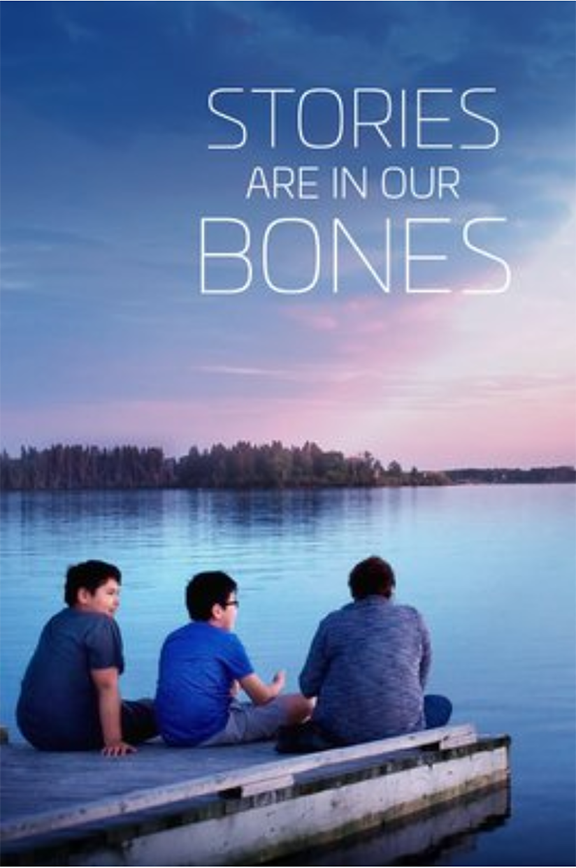Honor/Addur; dir. Ahmed Baidou; 2018; Morocco
In Amazigh, Arabic and French, with French, English, Spanish and Arabic subtitles; fiction; 85 mins.
In southeast Morocco, during the colonial French Protectorate era, Zaid Ouhmad engages in a merciless struggle against the French settlers who have just invaded the territories of the Ait Atta tribes. The film Addur means “Honor” and traces the struggle of a man and a country for justice, dignity and the values of freedom.
On Native Lands/Ni Sauvage Ni Barbare; dir. Roger Cantin; 2007; Québec, Canada
In French and Amazigh, with English subtitles; documentary; 90 mins.
The documentary revolves around an exchange between two men: Florent Vollant, Innu musician and singer very involved in his community, who meets Yeschou, a writer and painter who has always been a defender of Amazigh culture in North Africa. They are renowned artists who have taken their art to a high level. They speak to us with heart, passion and emotion about the struggle of ancestral cultures, values and a vision of the world opposed to a globalization that standardizes and destroys identities.
Amazigh Identity; Amazigh Video Productions, Producer: Helene Hagan, 1997, USA
Narrated in English and original French (Morocco, Algeria, Niger and Mali, Canary Islands): documentary; 18:41 mins.
This unique documentary charts the first International Amazigh Congress (C.M.A.) which took place in Tafira, Canary Islands in August 1997, documenting the birth of the international Amazigh flag with various delegations and speakers from Morocco, Algeria, the Sahara, Niger, France, and the USA. Music by various Moroccan and Algerian artists, including the opening tune by famed Khalid Izri (Rif, Morocco).
Amazigh Revival, dir. Jacques Renoir, Dounia Productions Morocco, 2005, USA
In English, available also in Tamazight, Arabic, and French; documentary; 17 mins.
This excellent Moroccan documentary produced by Dounia Ben Jelloun is superbly directed by well-known French director, Jacques Renoir (great-nephew of Jean Renoir, and great grandson of Auguste Renoir). It illustrates the issues of the Tamazight Indigenous language preservation in Morocco and the efforts to educate Amazigh children of Moroccan rural areas in their native language. The school program is sponsored by Dr. Leila Mezian Ben Jelloun, President of the BMCE Foundation.
Heart of the Sahara, Amazigh Video Productions, Producer: Helene Hagan; 2004, USA/Mali
In English with original language in Tamasheq, the language of Tuareg people of the Sahara, Niger and Mali; documentary; 28:41 mins.
The original footage for this documentary was videographed and narrated by Issa Ag Mohamed among family and friends in the Azawad region of Mali. It features Kel Tamashek elders, musicians and artists, and splendid moments of singing and dancing among friends not generally available to western audiences.
Frontera Sur/Border South; dir. Raúl O. Paz Pastrana; 2019; Mexico
In Spanish and English; documentary, 83 mins.
Every year hundreds of thousands of migrants make their way along the trail running from southern Mexico to the US border. Gustavo’s gunshot wounds from Mexican police, which have achieved abundant press attention, might just earn him a ticket out of Nicaragua. Meanwhile anthropologist Jason painstakingly collects the trail’s remains in the Arizona desert. Border South captures a vivid portrait of the migrants who disappear along the trail, exposing a global migration system that renders human beings invisible in life, as well as in death.
Available to screen from June 24 – 26
Stories Are in Our Bones, dir. Janine Windolph, 2017, Canada
In English; documentary; 11 mins.
In this layered short film, filmmaker Janine Windolph takes her young sons fishing with their kokum (grandmother), a residential school survivor who retains a deep knowledge and memory of the land. The act of reconnecting with their homeland is a cultural and familial healing journey for the boys, who are growing up in the city. It’s also a powerful form of resistance for the women.
Ayapiyâhk ôma niyanân/ “Only us, we are here at home” – Greetings From Isolation; dir. The Windolph Family, 2020, Canada
In English; documentary; 5 mins, 15 secs.
Ayapiyâhk ôma niyanân “Only us, we are here at home” is a short film about a family in isolation and how food brings us together each day. We wanted to share a teaching and our journey in relation to the pandemic from a mom’s perspective.” Janine Windolph
El Sembrador/The Sower; dir. Melissa Elizondo Moreno; 2018; Mexico
In Spanish and Tseltal, with English subtitles; documentary; 85 mins.
Bartolomé, a teacher in a multigrade school on the mountains of Chiapas in Mexico, knows well that pedagogy is not based on textbooks and cannot fit behind the four walls of a classroom. A true sower of knowledge unravels his philosophy and method and becomes a beacon of hope for the creation of a humanistic model of education based on curiosity and love for the outside world.
The Islam of My Childhood/L’Islam de mon enfance; dir. Nadia Zouaoui; 2019; Québec, Canada
In French, Arabic and Kabyle. English version; documentary; 90 mins.
The Islam of my childhood is a kind of road movie that deciphers the devastating impact of political Islam on the culture and religious traditions in Algeria. The country which has experienced the worst of Islamist terrorism with its “black decade” and its 200,000 victims overwhelms us with the testimonies of citizens. They tell of the tragedies they have experienced, their resistance and their questioning of the deep meaning of their faith in the face of the suffocating diktats and the murderous drifts of fundamentalism and the dictatorship in place. These people paved the way for today’s new Algerian revolution!




